by guest blogger Rich Baringer,
I’ll continue with more of my “book report” on Michael Pollan’s In Defense of Food.
 One of Pollan’s main points is that nutritionism rules how and what we eat these days. We’re more worried about the antioxidants and low-fat labels on foods than on what the food really is. He makes the point that these nutrients that are added to so many foods, often don’t really do their job as they do in nature. They need the relationship with other chemicals and nutrients in the food to create the benefits that they were intended to have.
One of Pollan’s main points is that nutritionism rules how and what we eat these days. We’re more worried about the antioxidants and low-fat labels on foods than on what the food really is. He makes the point that these nutrients that are added to so many foods, often don’t really do their job as they do in nature. They need the relationship with other chemicals and nutrients in the food to create the benefits that they were intended to have.
And often, these “nutritional” way of eating–low-fat, for example–sometimes lead to other problems. Pollan writes:
Like most of us, they [researchers] assumed that a bad outcome like heart disease must have a bad cause, like saturated fat or cholesterol, so they focused their investigative energies on how these bad nutrients might cause disease rather than on how the absence of something else, like plant foods or fish, might figure in the etiology of the disease. Nutrition science has usually put more of its energies into the idea that the problems it studies are the result of too much of a bad thing instead of too little of a good thing.
Of course, other factors come into play with regard to these diseases–social class for example. Poor people don’t often have the ability to exercise or eat fresh vegetables or fish. Many only have access or the money to buy processed foods–causing a problem of obesity even in those who are most in need of food. This, then leads to diabetes and heart disease in many cases.
This segues into Pollan’s next major discussion. Those of us who eat a Western Diet are the ones who end up with these diseases.
He tells of an study in Australia in 1982 where a group of 10 middle-aged, overweight and diabetic Aborigines that were living in Western Australia agreed to be a part of an experiment. They moved from their “civilized” homes to the homes of their ancestors–back to the bush. In a nutshell, after 7 weeks, all had lost weight, had lower blood pressure, lower triglycerides and increased omega-3 fatty acids. In short, they became much healthier in an amazingly short amount of time.
Pollan writes:
What we know is that people who eat the way we do in the West today suffer substantially higher rates of cancer, cardiovascular diseases, diabetes, and obesity than people eating any number of different traditional diets. We also know that when people come to the West and adopt our way of eating, these diseases soon follow, and often, as in the case of the Aborigines and other native populations, in a particularly virulent form… [W]hen one Western disease arrived on the scene, so did most of the others, and often in the same order: obesity followed by type 2 diabetes followed by hypertension and stroke followed by heart disease.
Welcome to our world.
So why does this happen? Basically, it’s the processing of most of our foods. During processing, food is made to last longer so it can be shipped and sit on store shelves. But to do this, nutrients–the things that bugs and other pests are seeking out–are removed.
The interesting thing is that studies show that there is not one ideal diet to follow. There are cultures that eat virtually all meats and dairy. There are those that eat a majority of seafood and little dairy. Some have lived on a mostly vegetarian diet while others eat very little green vegetation. Yet all these cultures and traditions result in people much healthier than we are. The common thread that runs through all of these diets–the consumption of fresh foods, whether animal or plants, that are high in nutritional value.
Again, Pollan:
The human animal is adapted to, and apparently can thrive on, an extraordinary range of different diets, but the Western diet, however you define it, does not seem to be one of them.
Next time, thinking differently about our food.
Read In Defense of Food, part 1 here.
Read In Defense of Food, part 3 here.
Rich Baringer is a personal chef and owner of Dinner’s Done. He lives in Blooming Glen with his wife, Mary Beth, and son, Jake. He is a strong supporter of local food and sources locally for his clients. And his food is really good. Check out his website for more about him.

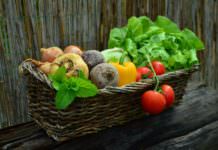


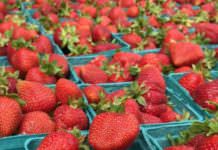
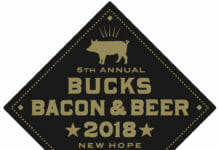
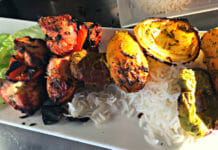

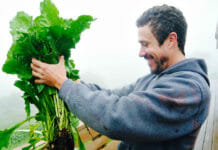
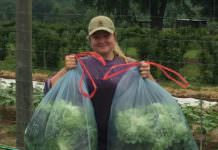
![What we’re reading [Oct 16 2017]](https://www.buckscountytaste.com/wp-content/uploads/2017/10/coffee_macbook_reading_pexels-photo-414630-218x150.jpeg)
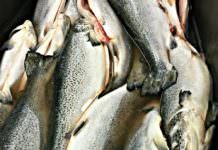
Ilona Gawin Goanos liked this on Facebook.
Traci Townsend liked this on Facebook.
RT @BCTaste: In defense of food, part 2: by guest blogger Rich Baringer, I’ll continue with more of my “book report” on Michae… http:/ …